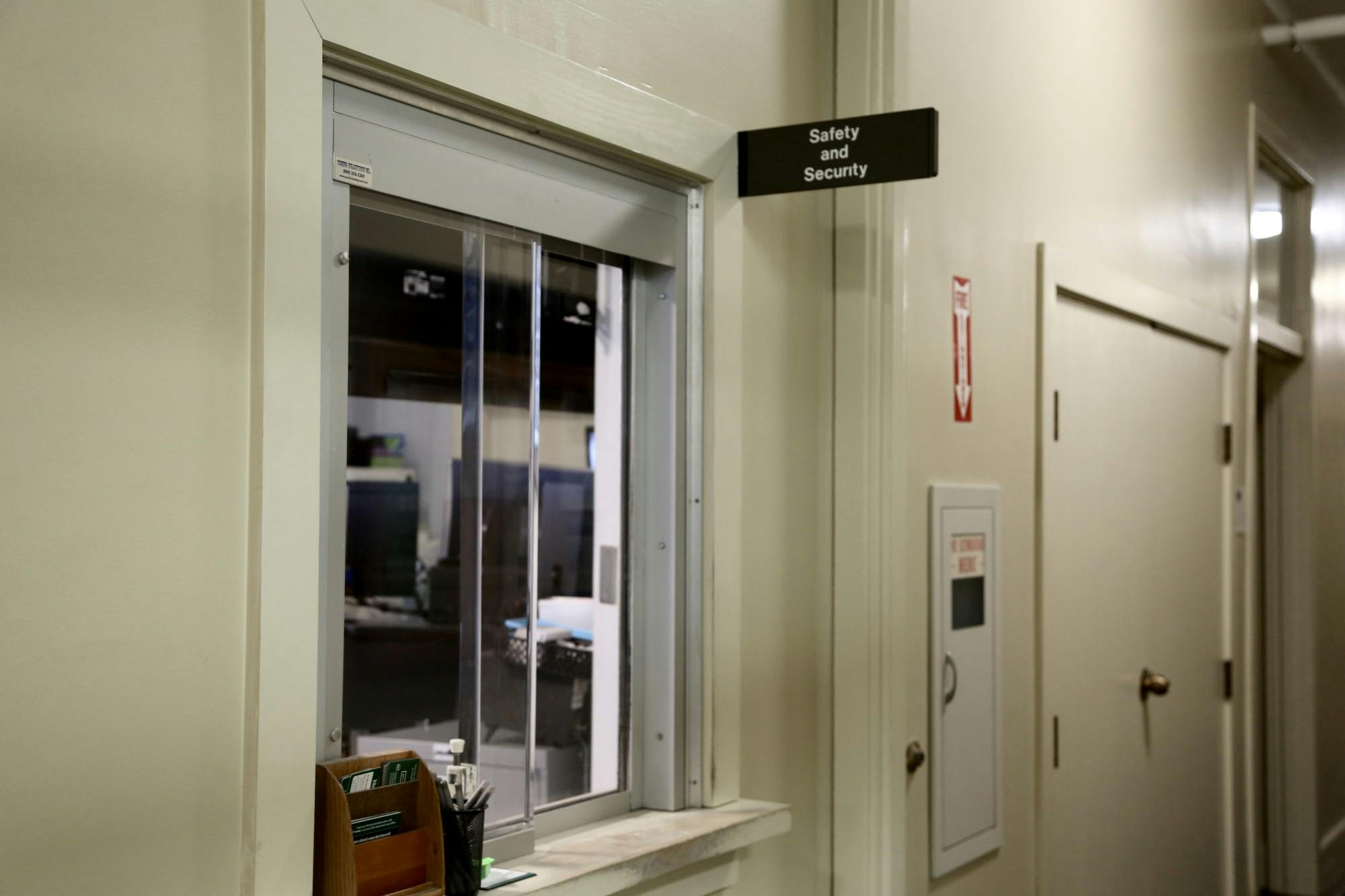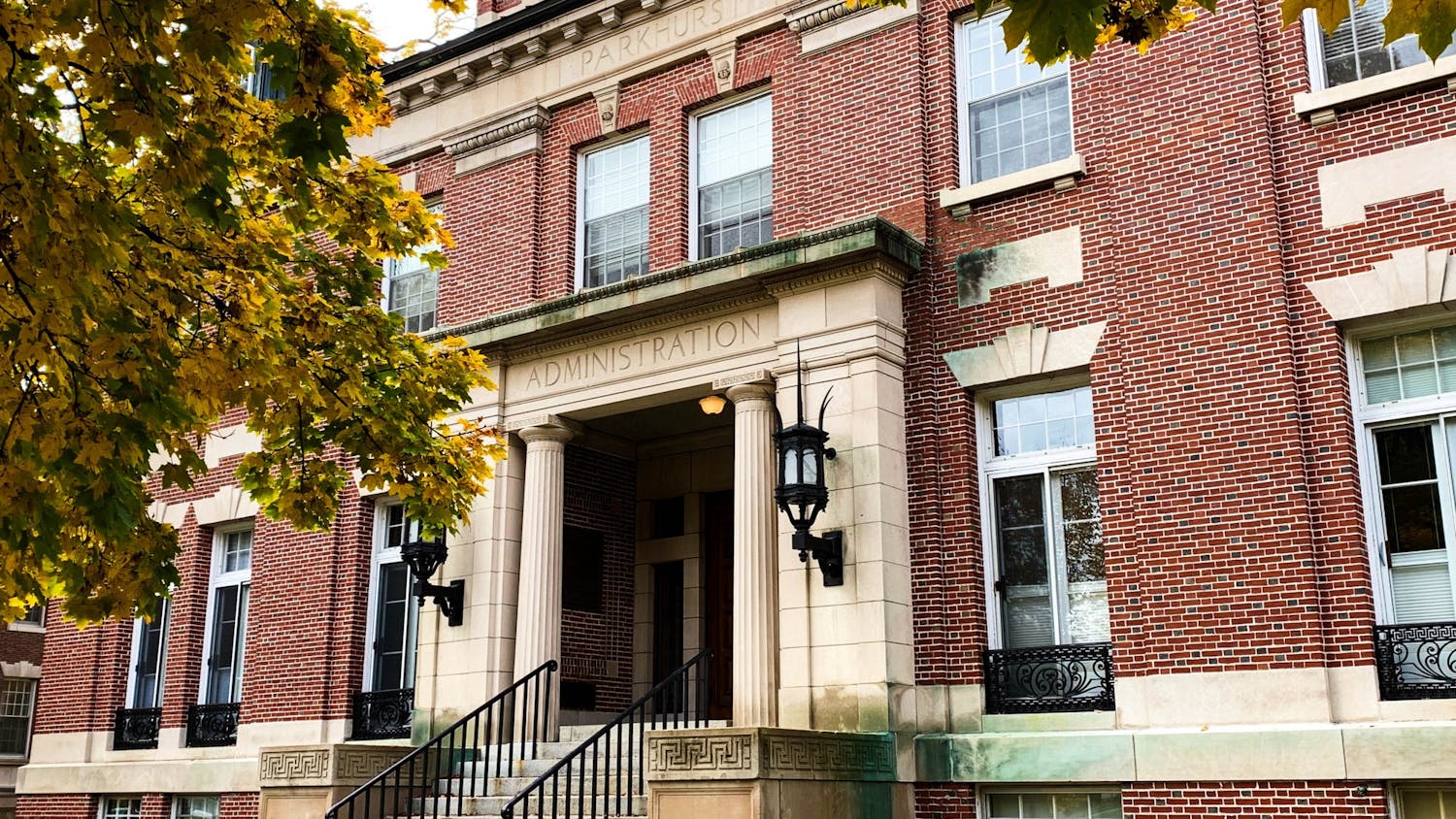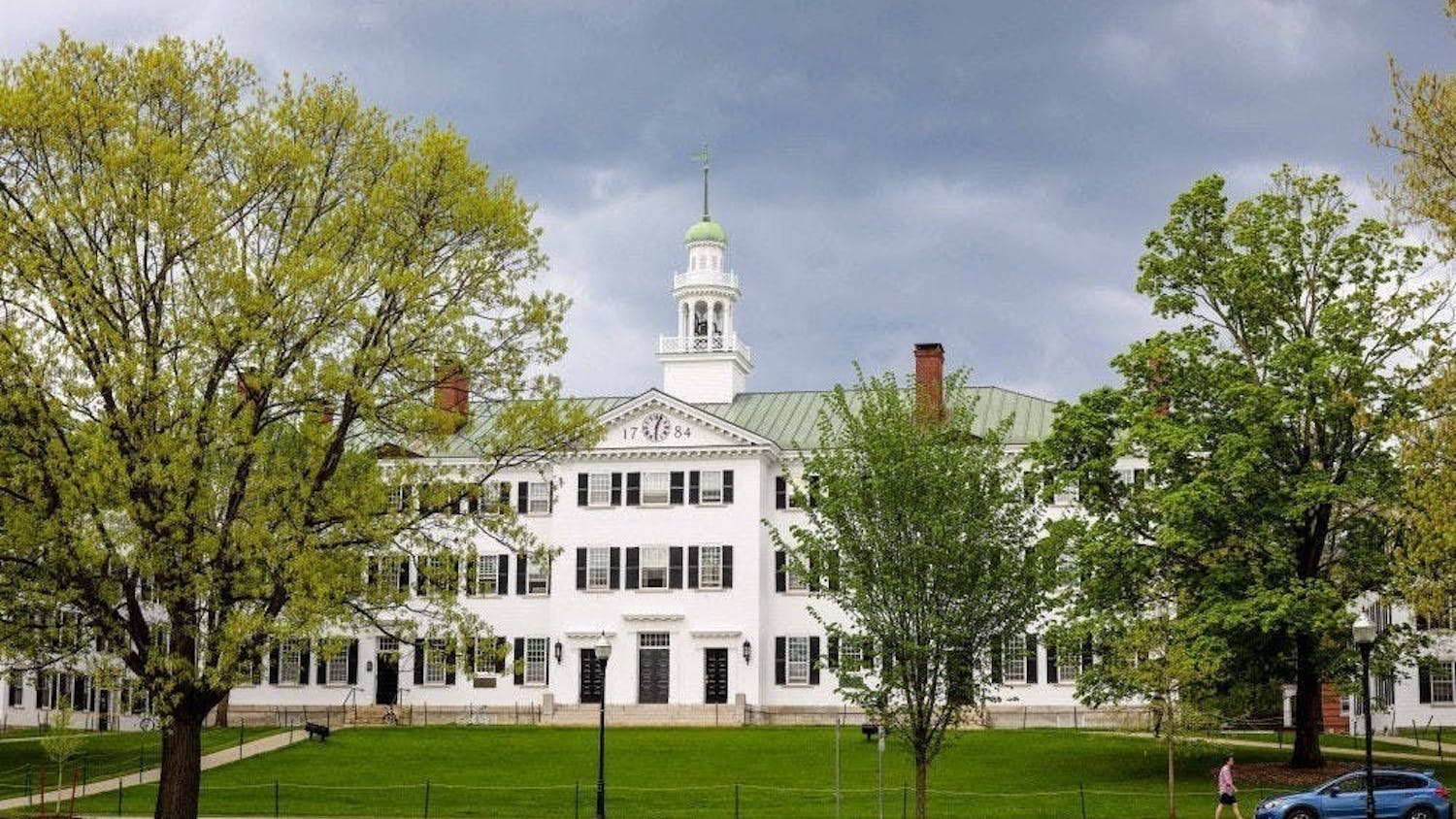On Dec. 18, Dartmouth published its 2020 Annual Security and Fire Safety Report, also known as the Clery report, covering campus crime statistics during the 2019 calendar year. The report, which is mandated by the Jeanne Clery Disclosure of Campus Security Policy and Campus Crime Statistics Act of 1990, found that gender-based violence crime statistics in 2019 were largely on par with previous years, while there was a decrease in liquor law violations and hate crimes.
The 2020 report was due three months later than the typical Oct. 1 deadline due to a COVID-19 extension given to all universities, giving the College time to make some changes to the report, including combining dating violence categories and reclassifying what counts as on-campus versus off-campus crime for reporting purposes.
“I think that it is a great representation of the efforts of the College to continue to make sure that our campus is as safe as it can be,” Title IX coordinator Kristi Clemens said.
In 2019, Dartmouth reported 33 rapes, down from 39 reported in 2018; 13 reports of fondling, the same number as in 2018; 11 counts of stalking, up from eight reports in 2018; and 14 reports of domestic violence, up from eight reports in 2018. The report also detailed similar numbers from past years in reports of aggravated assault and burglary.
Grace Alden, Dartmouth’s Clery Act compliance officer, said she believes these numbers to be consistent with expectations and data from past years.
“I can say from my years of law enforcement experience and my experience dealing with colleges [that] I am not surprised to see these numbers,” said Alden, a retired Lebanon police officer.
Clemens agreed, noting that this year’s sexual violence statistics “seem in line with previous years.”
Meanwhile, 2019 saw a notable decline in alcohol-related crimes. According to the report, there were 16 arrests due to liquor law violations in 2019, down from 37 in 2018 and 49 in 2017. Similarly, there were 249 disciplinary referrals due to liquor law violations, down from 275 in 2018 and 337 in 2017.
According to Clemens, initiatives like the Moving Dartmouth Forward Plan — which includes an on-campus hard alcohol ban — have helped to reduce “dangerous” drinking habits that would get counted as a Clery violation.
There were also three arrests and five disciplinary referrals due to drug law violations reported in 2019, up from one arrest and two disciplinary referrals in 2018 and down from ten and 21 respectively in 2017.
Only one hate crime was reported in 2019, a decrease from six hate crimes in 2018 and 12 in 2017. This downward trend comes in spite of increased hate crimes nationwide and the recent vandalism of the menorah on the Green, which will be included in next year’s report.
Changes in the report from last year include a reclassification of what buildings count as “on-campus” or “off-campus.” Most Greek houses, for example, were previously classified as being “off-campus” but are now considered to be “on-campus.”
Additionally, the 2020 Clery report includes instances of “dating violence” under the category of “domestic violence” — two designations that were previously separate. This aligns Dartmouth’s reports with New Hampshire state law.
Safety and Security director Keysi Montás said the change would eliminate the risk of “providing inaccurate information” and would help to “avoid misinterpretations.”
The changes also meant that this year’s report recategorized some of the statistics previously provided for 2017 and 2018, Montás said.
Clemens noted that she believes the 2018 numbers may be artificially high, as many of the reports made in 2018 were of crimes that happened in previous years. Under the Clery Act, Dartmouth is obligated to report crimes in the year they are reported to the College, not in the year in which they occurred.
In contrast to reports of robbery or arson which are typically reported right away, reports of sexual violence are not always immediately reported, Clemens said.
Clemens cited the publicity of the 2018 sexual misconduct case against the College due to sexual misconduct by various members of the psychology and brain sciences department as a potential reason for the increase in reports that year.
“It looks like … the number of rapes occurring on campus in 2019 is down from 2018 and that’s not accurate,” Clemens said. “It’s the number of reported rapes, not necessarily the occurrence.”
Alden also noted that with generally small numbers of crimes, it is difficult to assess whether increases in crime rates are the result of a larger trend or normal variation year to year.
“[For example], if you’ve got 10 burglaries in one year and then 15 burglaries the next year [and] you apply your statistical thinking to it, that’s a 50% increase in burglaries,” Alden said. “But if the number of burglaries is that low, then there’s going to be a lot of noise in that signal.”
Montás explained that the greatest source of statistics in the report comes from the daily activities of Safety and Security. In addition to being in contact with local law enforcement, the department relies on information reported by Campus Security Authorities, which includes anyone who has “significant responsibility for student and campus activities,” such as undergraduate deans or residential life officials, according to the Clery Act.




